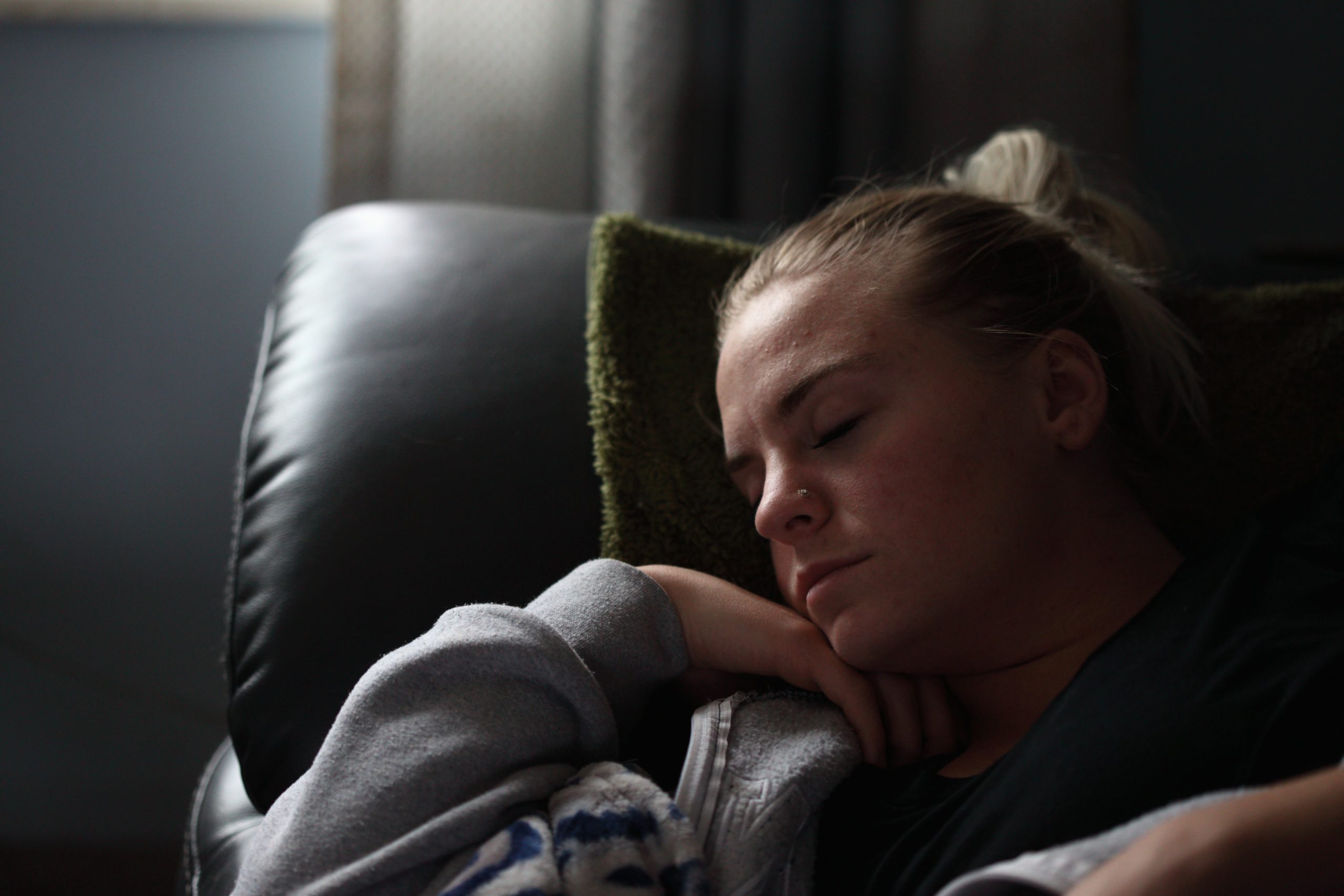Caregiving is often a draining process, both for professional caregivers and for loved ones. Activities, caring, and simply watching over for the person you’re taking care of requires seemingly endless tasks. For this reason, rest is the key to staying sane, healthy, and vigilant. The tricky thing, of course, is fitting those restorative nine hours into busy days. Sleep Debt, the official term for not getting enough sleep, is best remedied with a healthy and consistent schedule, but when your time often belongs to someone else, there are still ways to stay on top of your rest.
Feeling drowsy in the afternoon?
Take a twenty-minute map. Scientifically, twenty minutes is the best amount of time to sleep mid-day. We sleep in cycles called R.E.M., and a twenty-minute nap allows for a complete cycle without affecting our nightly sleep schedule.
Sleep In When You Can
While it’s hard to have a weekend as an unpaid caregiver, sleeping in an hour or two on days off is a great way to pay back some sleep debt. Just make sure it’s not more than two as you don’t want to throw your body entirely off your everyday routine. Furthermore, try to keep your typical schedule at least five days out of the week, so you’re not out of it all time as your body tries to recognize patterns.
Cut The Night Short
While it’s more fun to sleep in, give an earlier bedtime a try. If you’ve been feeling tired most of the day, it should be easy to rest your head and finally call it a night. While this may get in the way of conscious relaxation (also vital), sometimes all you can do is admit you need a few extra hours of sleep. Remember, you can always do more the next day.
These fixes are great for when you’re feeling a little out of it. However, if you’re suffering from chronic sleep debt, it might be time for an overhaul in routine.
The 15-Minute Fix
Where it may be easy to adjust your routine for one night, it will probably be a bit harder to do it every day. We suggest a 15-minute earlier bedtime. This subtle adjustment won’t cost you valuable time, and it will be simple to implement. Adding just 15 minutes will significantly change your day, and eventually, should you need to, you can add another 15.
Put Your Phone Down
This one is a bit harder for caregivers, but there are some adjustments you can make. While it’s best to keep your phone out of your bedroom completely (at least at night), this may not be possible if you need it for emergencies. We suggest keeping your phone dark and a few feet away from the bed. This will keep you from using it and allow you to listen for an important message or phone call that requires your attention.
Stay Away From Caffeine
This one may seem obvious, and no one trying to improve their sleep is sipping on a latte late at night, but surprising items could be affecting your sleep. Try to avoid dark chocolate and caffeinated teas/sodas that could be a part of your nighttime routine. These items could build up to mess with your system, and if you’ve tried everything to go to sleep on time, avoiding these ‘light’ sources of caffeine could help.
Sleeping is a constant struggle for some, and getting enough hours in really adds to their already heavy load. However, the notions above really do give your sleep schedule a chance. Give them a try all at once or one by one, and you’ll likely see improvement in your sleep. If none of the above work, it may be time to see a doctor and find out if there’s an underlying issue that needs addressing.




